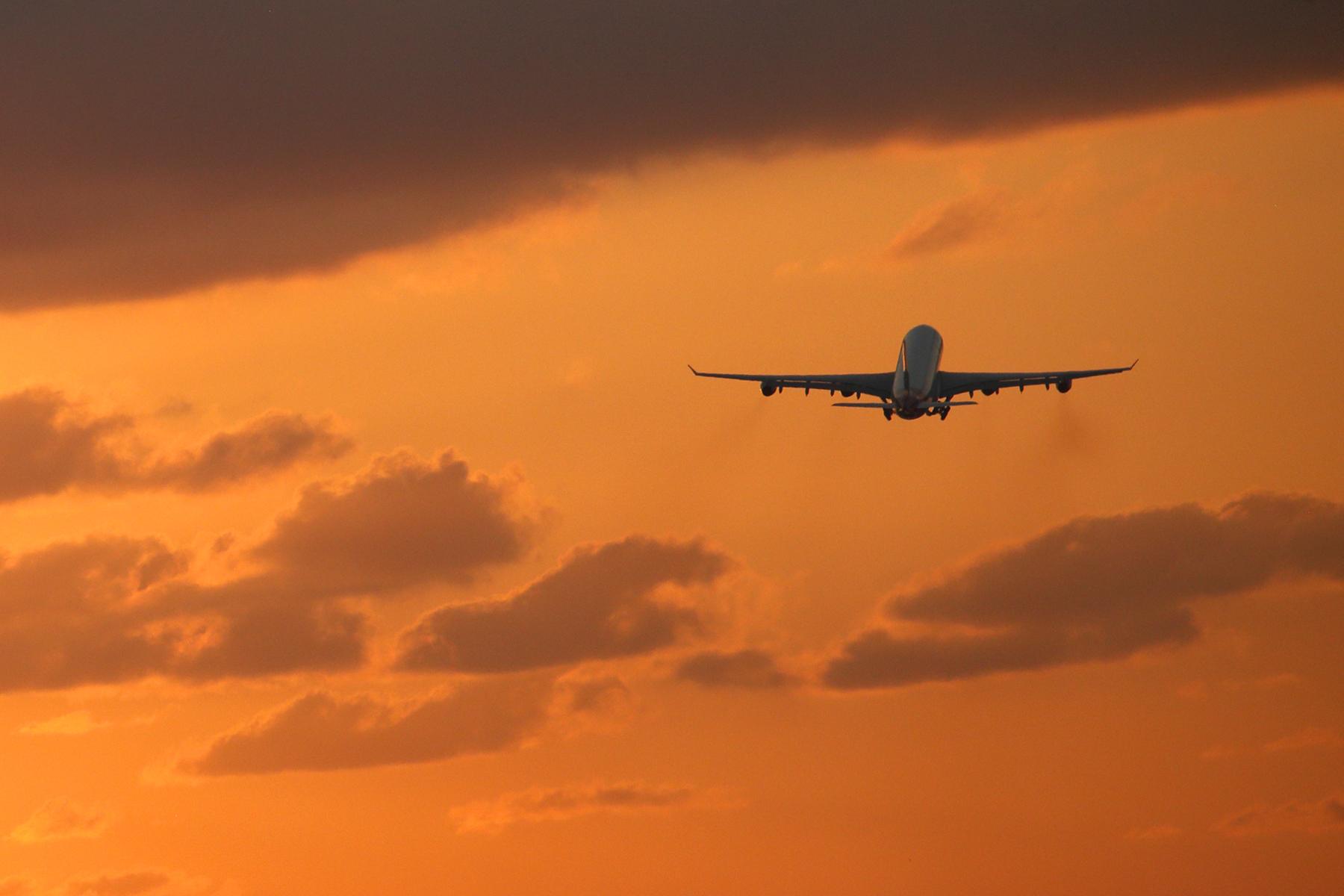
This year is shaping up to be at least as tough for airlines and airports as the last. In some ways, it’s more challenging. Despite the good news of vaccination programs starting to roll out, the devilish COVID-19, with its many mutations, keeps governments hyper aware of the fact that the virus is not yet under control and they are increasingly turning to border closures and extended, mandatory quarantines to prevent and deter travel.
For the air transport and travel industries, this means enduring more months of extremely low customer demand, especially in international and business markets, making their financial situations increasingly precarious.
But when borders and quarantines lift and loosen—which ultimately, they will—there could be a threat to a return of healthy air traffic levels even more damaging and longer-lasting than the devasting effects of the pandemic. It’s a growing movement to keep air traffic numbers from ever returning to their pre-pandemic levels in the name of greenness.
Climate change is real and it threatens Earth, humans, flora and fauna. But using the pandemic as justification for extending the mass grounding of airliners and travelers is not the solution.
Particularly misguided are campaigns like those by a coalition of the Public and Commercial Services (PCS), one of the UK’s largest trade unions, and Vienna-based Stay Grounded, a movement dedicated to reducing air traffic. In a joint discussion paper published in February, they call for the “strict down-scaling plans for airports, airlines, aerospace industry and mass tourist resorts (preventing re-growth after the Covid-19 crisis).”
Some of the paper’s claims and proposals for their “just transition of aviation” are false or unrealistic. It says, for example, that there are no technological solutions yet available for greening air traffic. And that airline workers can transfer to rail-based jobs. It proposes nationalizing all airlines—speculating on the notion of a single European Union Airline—and advocates for flights being prioritized for “those who really need them,” such as for humanitarian emergencies, which would essentially be a ban on public flying.
Many airlines, in order to secure the financial aid they needed to survive the pandemic, have agreed to government-imposed additional sustainability targets, in some cases exiting short-haul routes that are feasible by rail. In Europe, the aviation industry has joined around the new Destination 2050 carbon-neutral roadmap that details the percentage contribution of sustainability measures to achieve carbon neutral growth by 2050. The roadmap has been mostly welcomed by European Union lawmakers, who are acutely aware of the need to promote sustainability.
Airlines worldwide are accelerating the retirement of their older aircraft because of the pandemic and prioritizing the return of their newer, more fuel-efficient, cleaner, quieter aircraft. Sustainable aviation fuels (SAF) are becoming more widely available and more innovative in their design so they do not use food sources. But for SAFs to become ubiquitous and more affordable, governments must provide the frameworks that encourage their development and production. Similarly, hydrogen, electric and hybrid aircraft and aero-engine development is being fast-tracked, but governments need to be part of the R&D initiatives.
It is through technology and national eco-aviation visions that the global air transport system can be sustainably restored to its pre-pandemic levels. It’s the emissions and eco impact of aviation that must be reduced, not the number of people who fly.



